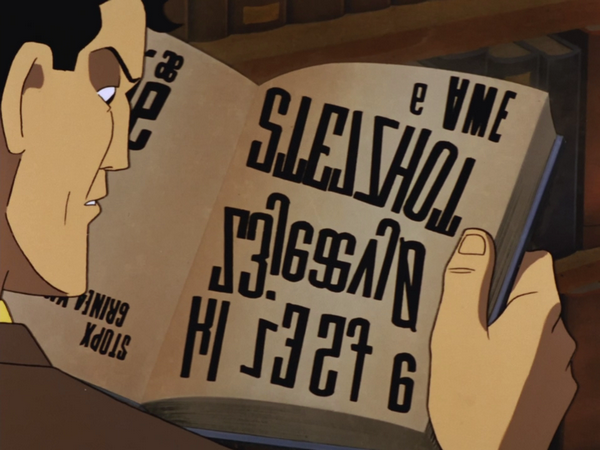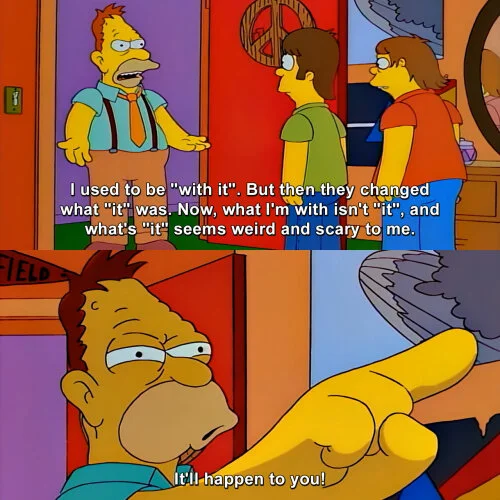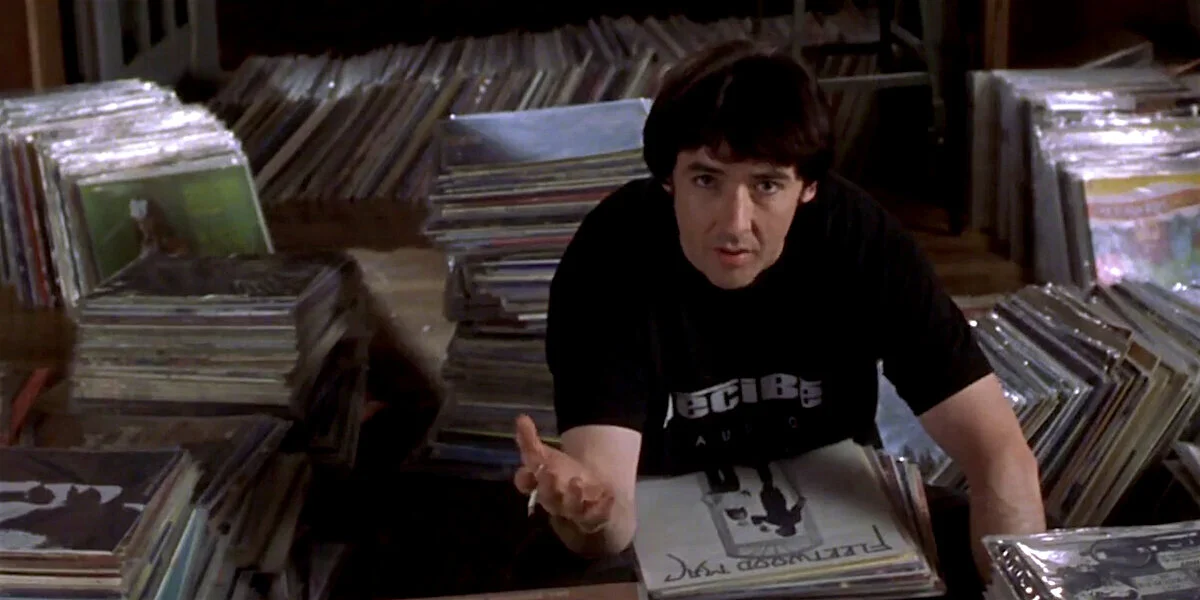Escape Artist’s Retreat
I can barely read.
(Statler & Waldorf rejoinder: “Makes sense—you can barely write, too!”)
I don’t mean I’ve suddenly become increasingly illiterate. It’s merely harder for me to focus on reading books than ever before. The mind wanders, I can’t pay attention to characters’ names or events, finding myself growing despondent and frustrated at what I’ve become. I used to read dozens upon dozens of books a year. I loved poring over pages and learning, or venturing into new worlds with intriguing people. And now one of my chief passions for 30 years of my life has become a stumbling block and source of shame and pain.
I’m able to read articles and posts, a necessity for a constantly shifting world with its hyper-accelerated news cycle. If it’s for an assignment, I can usually pull it together (though it takes effort). If I have to read a comic for I’ve Got Issues, review projects to provide notes for friends, proofread posts and other works by writers that comes in for Neon Splatter, then I can keep it together and trudge through it. But reading for pleasure? That is torturous. My mind floats into various branches of my own anxiety and depression. Flashes of every failure in my past, every issue I need to tackle currently, and much more pulls my brain away from the words on the page.
I was diagnosed with ADHD about five years ago. One question that plagues me about this diagnosis was what brought it along 34 years into my life? Was it my heaping helpings of near-debilitating anxiety and depression? Or was it medication for those mental health problems that led to this fuzziness? I do get those “laser focus” moments that many folks with ADHD experience, but that usually results in some silly video or other little project. That moment of tunnel concentration rarely, if ever, translates to binging a show, devouring a book, or watching a few new films.
As I mentioned, this ADHD issue stems somehow from my pre-existing mental problems (And I’m single?!? Mysteries abound!). All of which exponentially worsened over the past year; a time of plagues, isolation, and suicidal ideation. Suddenly I was barely able to dive into some new distraction despite a desperate need to spend cerebral time in another world. So it became not just books, but bleeding into TV and film whose enjoyment became elusive (but not music for some reason).
Instead I rewatched fairly recent comfort stuff: Rick And Morty, DOCTOR SLEEP, Brooklyn Nine-Nine, AVENGERS: INFINITY WAR, Mystery Science Theater 3000, CABIN IN THE WOODS, The Good Place, PHANTOM OF THE PARADISE, and others that became a basic diet of enjoyable but risk free entertainment. This aversion to plumbing the world of art and entertainment combined with a seemingly constant, exponential explosion of new content to consume. New shows, movies, comics, games, and on and on that are all not only highly praised but seem like a requirement to engage with pop culture writing, or simply interacting with other humans. Essentially the distance continued to grow between new titles and my own interaction with them.
I doubt you readers will be shocked to learn that I was an indoors kid. Beset by asthma, poor coordination, and burgeoning mental health problems meant that I was most comfortable escaping into a page or a screen. I had friends and socialized, but my best self lay in absorbing these fake worlds and their characters. But now it’s arduous to start something and truly engage with it (again, unless it’s an assignment). The former escapist now finds less avenues for getting away from his own intrusive thoughts, those vicarious moments tainted with the mental illness he was desperately trying to avoid for 90 minutes.
But I gain a broader appreciation of this situation when I recognize that I know this is currently a common issue for many people. A bunch of my friends who have spent lifetimes swimming in diversions now find themselves faced with a new block that requires so much effort to overcome the inertia and break through.
Since most of them aren’t diagnosed with ADHD or partake in my daily diet of various multiple medications, then it suggests that those aren’t the main causes of this inability that brings me a lot of despondency.
So then, what is the unifying element between me and all of these other people? My underlying issues of anxiety and depression. It’s well known that one of the symptoms of living with depression is enjoying acts that used to bring you happiness.
There are side effects of depressive episodes, including memory loss and lack of focus. Similarly, anxiety can also greatly impair the ability to concentrate. For at least 16 months, we’ve all been under a cloud of stress and desolation due to the pandemic, other global crises, political upheaval, and a growing list of calamities (with the severity of each changing between people given their circumstances).
I’m seeing more people who previously never exhibited this brain-addled behavior finding themselves walled off from their former passions. Which makes me realize that years of generalized depression and anxiety is the culprit behind my escapist ways crumbling; after all, what have most of us experienced in these recent years if not that amorphous feeling of things being fucked and we don’t know how (or when) they’ll ever be slightly less fucked? That fog of mental illness has seeped from individual brains into the world at large and now finds whole populations denied its diversions.
Like all mental health work, it will take considerable time and consistent effort to overcome this new pathology. The fact that a large number of us find our escape routes cut off suggests that we can employ empathy and work together to once again find ourselves wrapped up in the imaginative worlds that provide so many of us with so much comfort.







